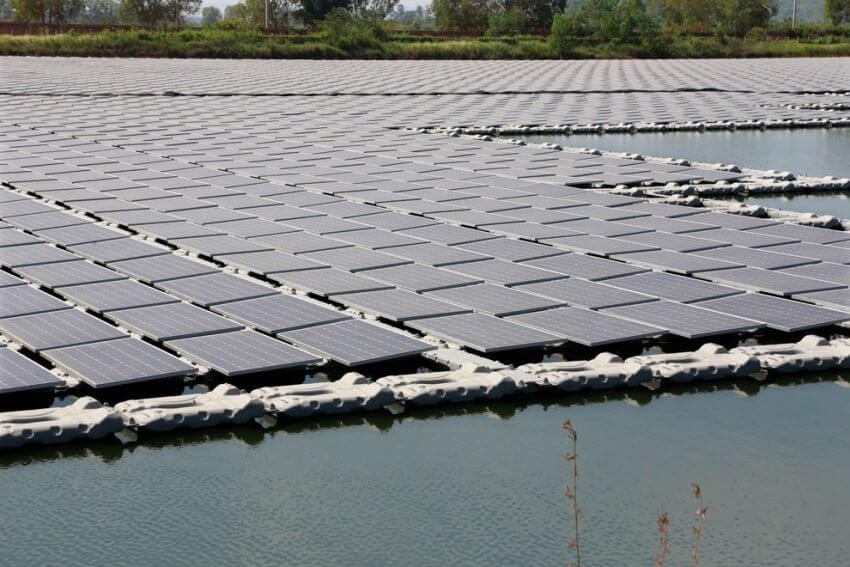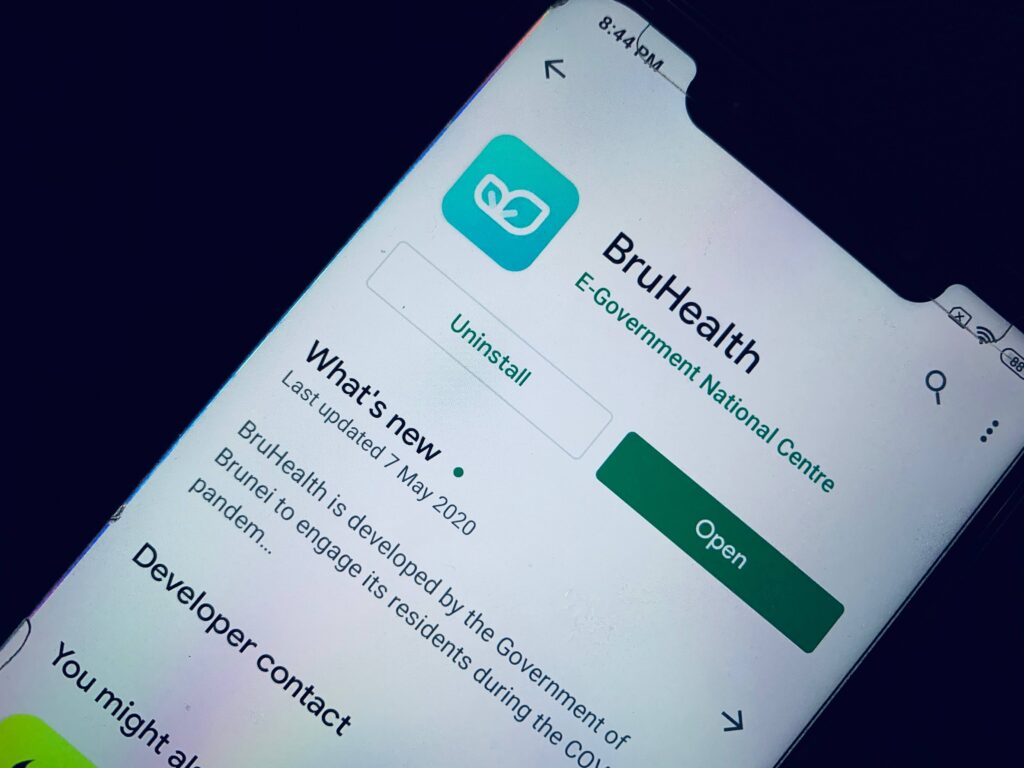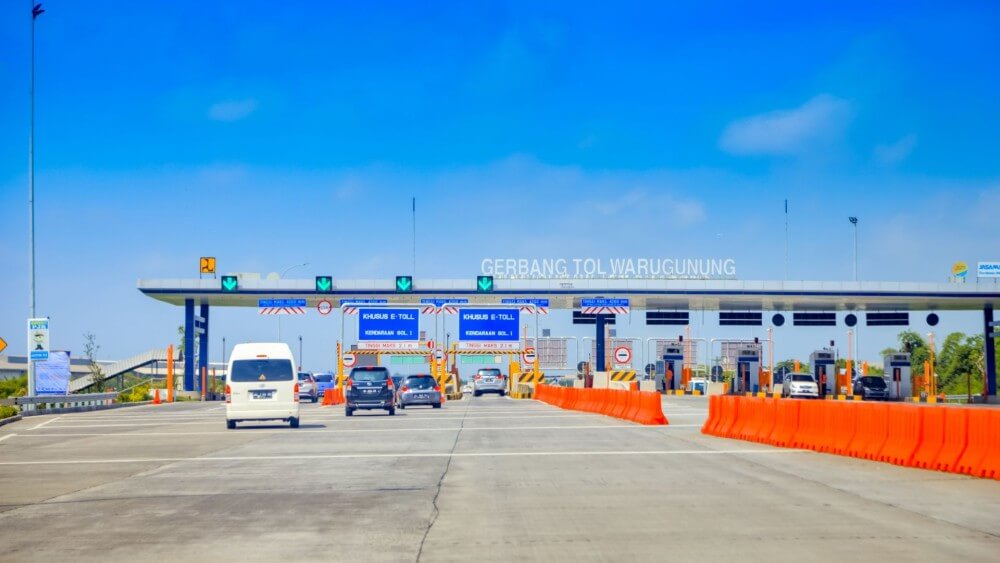Financing instrument and amount
Building a solar power plant was facilitated by blended concessional finance, with a US$41 million total cost with support of US$4 million from the Canada-IFC Blended Finance Program.
Background
Before COVID-19, Cambodia was experiencing rapid economic growth, increased electrification rates, and a corresponding rise in energy demand. Despite recent economic contractions, the country faces challenges in keeping up with this rapid demand growth while continuing to expand access to previously unserved areas and addressing issues of energy security, affordability, and environmental sustainability. According to the International Energy Agency, Cambodia has the second-lowest electrification rate among Southeast Asian countries as of 2024. Nearly one million Cambodian households lack access to grid electricity and rely on car batteries, wood, and other traditional fuels for energy. Additionally, high electricity tariffs in Cambodia make access to electricity unaffordable for the poor, constrain economic competitiveness, and discourage investment.
This showcases the urgent need for more clean energy in Cambodia to address the challenges of rapid demand growth, energy security, affordability, and environmental sustainability.
Approach
The Project was located at the Kampong Chhnang province in Cambodia, in a site of approximately 100 hectares, 60 km northwest of the capital Phnom Penh. The main expected project-level outcomes were the environmental impact through the reduction of CO2 emissions during generation and the stakeholder impact by helping address the growing energy demand in Cambodia. Beyond the project, the investment was expected to increase market resilience and competitiveness by supporting one of the country’s first solar auctions and demonstrating the role of utility-scale solar projects in the country’s electricity generation mix.
The project consists of a 60 MW solar power plant located on approximately 100 hectares in Cambodia’s Kampong Chhnang province, about 60 km northwest of Phnom Penh. Construction began in April 2021, and the plant became operational in June 2022. It supplies electricity to Electricite du Cambodge (EDC), Cambodia’s state-owned power utility, under a 20-year Power Purchase Agreement (PPA). The Project was developed by Prime Road Alternative (Cambodia) Co., Ltd (PRAC), a special purpose vehicle established by Prime Road Power PCL (Prime Road).
The total project cost was approximately US$41 million, with up to US$4 million financed by IFC’s own funds and US$4 million from the Canada-IFC Blended Finance Program (BCFP). Co-financing was supported by the Asian Development Bank and other development agencies. The BCFP is a partnership between the Canadian Government and the IFC to catalyse private sector financing for resilient infrastructure, climate-smart agriculture, and renewable energy. It provides concessional financing (i.e., financing at below market terms) for private-sector led projects globally.
For Kampong Solar, the subsidy provided by the blended finance component is estimated to be 1.8% of the total project cost. This estimate is based on the difference between (i) a “reference price” (either a market price if available; the price calculated using IFC’s pricing model, which comprises three main elements: risk, cost and profit; or a negotiated price) and (ii) the “concessional price” being charged by the blended concessional finance co-investment. This subsidy was offered upfront to the bidders as part of the competitive bidding process to incentivise participation and drive down the resulting electricity tariff to support affordability.
Results
The blended finance component incentivised bidders and supported the project in achieving one of the lowest power purchase tariffs in Southeast Asia. This project achieved an increase in supply of reliable, affordable and clean energy for a growing population (the project also has significant emissions reduction of nearly 100,000 tonnes of CO2 annually) and Kampong Solar established itself as a strong example for future solar project tenders in the country.
Key Learnings
Disciplined use of concessional financing.
A key lesson learned was that offering concessionality from the BCFP loan upfront to bidders as part of the competitive bidding process effectively incentivised participation in this high-impact project and helped drive down the resulting electricity tariff, thus supporting affordability. Disciplined use of concessional financing to boost climate-smart private investments where they would not otherwise exist, ensuring there is no market distortion and that these new markets can continue on fully commercial terms in the future.
Alignment with objectives of fund.
The project had strong alignment with the BCFP’s objectives to catalyse private sector financing for resilient infrastructure, climate-smart agriculture, and renewable energy.
Scalability and replicability:
The project established a successful model for future solar projects in Cambodia. The competitive tender process and concessional finance approach can be replicated to attract investment and reduce costs in similar projects.
Sources
- International Finance Corporation. Summary of Investment Information-Project Number 42750, Cambodia. Available at: https://disclosures.ifc.org/project-detail/SII/42750/kampong-solar
- International Finance Corporation. Canada-IFC Blended Climate Finance Program 2022 Implementation, Progress Report. Available at: https://www.ifc.org/content/dam/ifc/doclink/2022/2022-ifc-canada-blended-finance-progress-report.pdf




